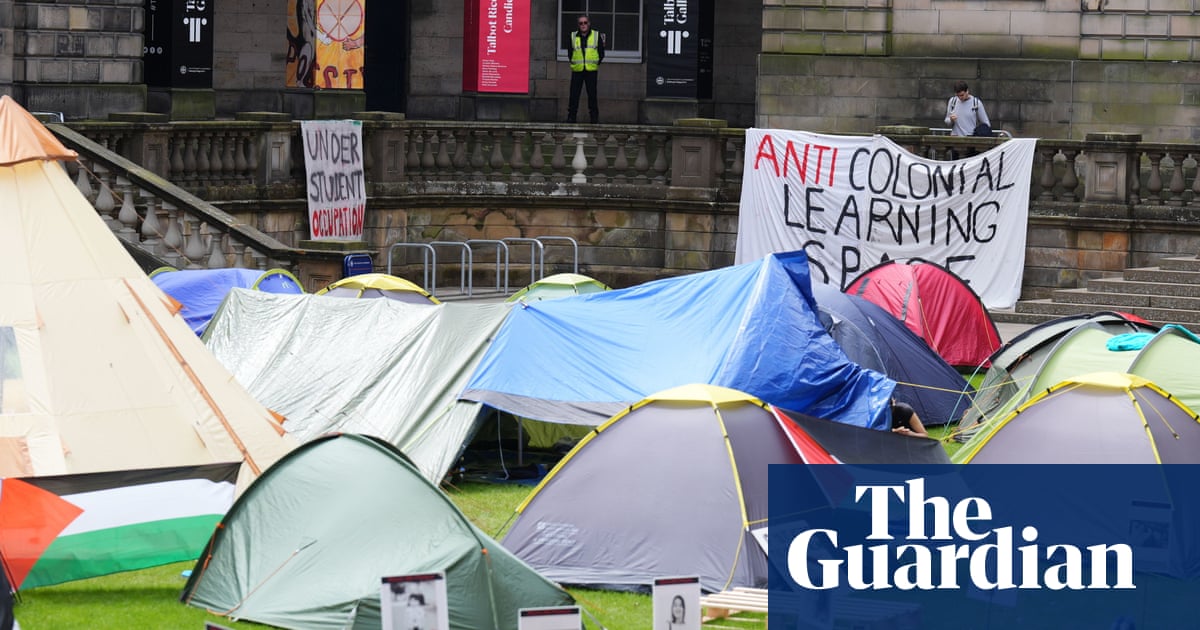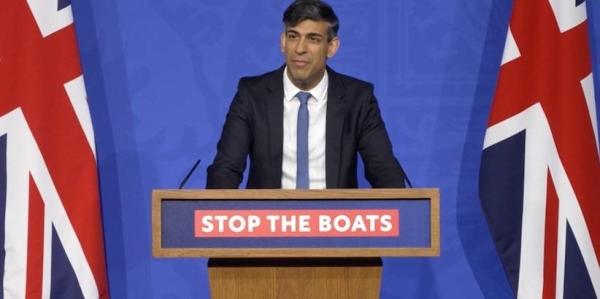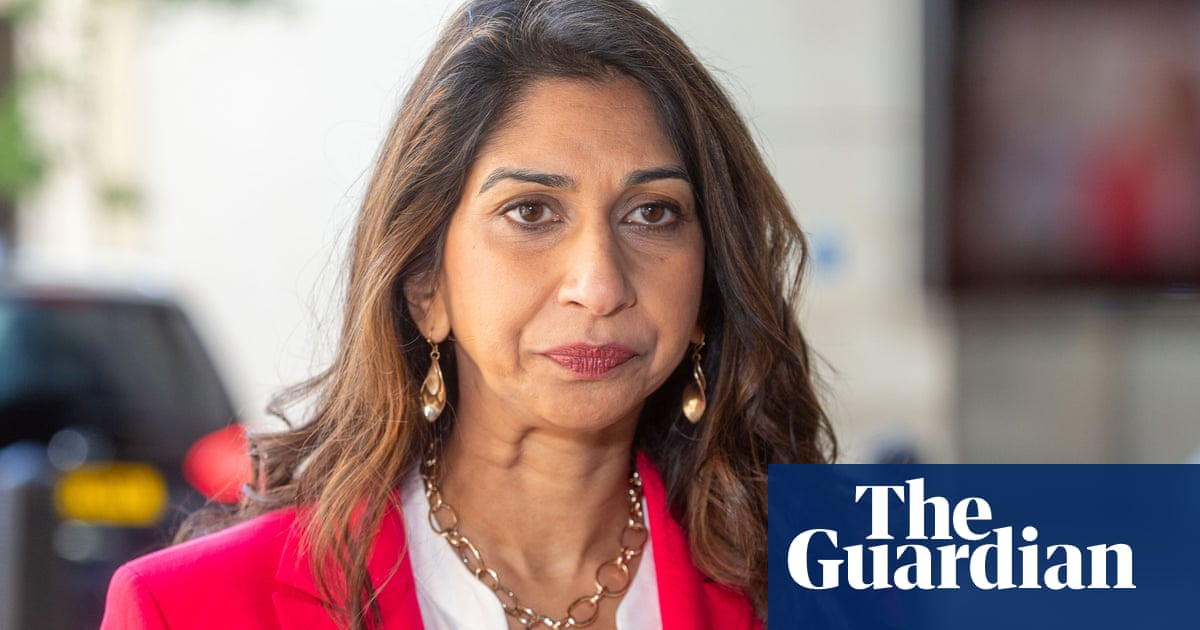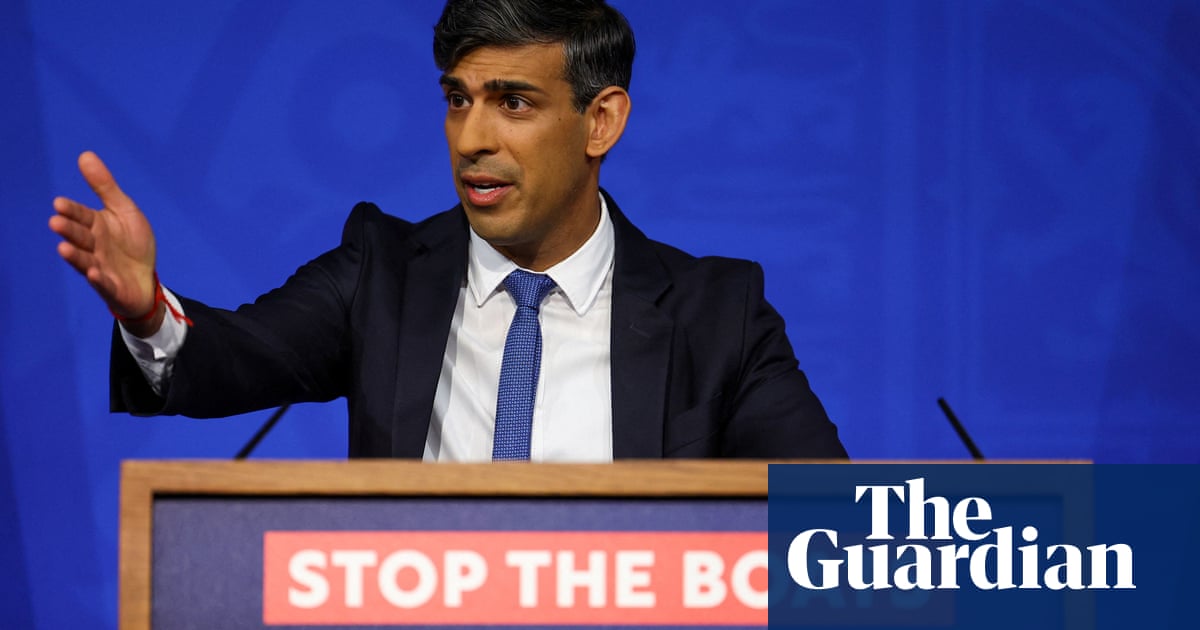
University leaders should take “personal responsibility” for protecting Jewish students on campus, Rishi Sunak said to vice-chancellors during an antisemitism roundtable hosted at Downing Street.
Sunak told the meeting of 17 higher education institutions from England and Scotland, along with Jewish student and community groups, that it was imperative for universities to “remain bastions of tolerance, where debate takes place with respect for others and where every student feels safe”.
The meeting was convened by the prime minister after the proliferation of student encampments in protest at the fighting in Gaza, with concerns that Jewish students could be intimidated or harassed.
Edward Isaacs, president of the Union of Jewish Students (UJS), told the roundtable there had been an “unprecedented rise in campus antisemitism” since Hamas’s attacks on Israel on 7 October last year, describing it as “a year like no other” for Jewish students.
“This truly has been the worst antisemitism crisis on campus that we have seen for a generation, and its impacts run deep throughout the Jewish student population,” Isaacs said, detailing the hundreds of calls received by the UJS’s welfare hotline.
Isaacs said campus leaders “have often felt unable to stand in allyship with Jewish students, and this has only been compounded by universities often failing to singularly condemn instances of antisemitism, making Jewish students feel alone, marginalised and vulnerable on campus”.
Vice-chancellors attending the Downing Street meeting described it as positive, with Sunak praising universities as one of the UK’s greatest assets.
“It was constructive, friendly and based on an understanding that there is a shared problem in combating antisemitism and extremism,” said one.
Downing Street said the discussions covered the importance of using disciplinary procedures against students who were inciting hatred or violence, as well as concerns over non-students joining the campus protests, and the role of the police.
Vivienne Stern, chief executive of Universities UK, which represents vice-chancellors, said: “Universities have taken the rise in antisemitism on campuses since October 7 very seriously and will continue to work hard to ensure the safety of Jewish staff and students.
“The current conflict has raised tensions across many communities and we have been clear there is no place for intolerance on our campuses.”
“In line with the sector’s clear commitment to freedom of speech, it is important that universities allow and support students and staff to debate and discuss this crisis, and the challenging issues it raises, but within the law and with respect and tolerance.”
Protest encampments are taking place at 15 institutions, with Isaacs warning that campus relations will only be improved “when university leaders are clear with students on red lines” such as protesters’ calls to “globalise the intifada”.
Isaacs said: “It is a direct call to spread the sort of violence seen in Israel in the late 1990s and early 2000s which saw random acts of terror against civilians at innocuous locations. Universities have to make this red line clear.”
The numbers of students taking part in the encampments remain small so far compared to those in the US. With teaching over for the year, many students have already left campus or are engaged with exams or assessments.
Writing in the Times, Sunak claimed the UJS had been “subject to a shameful attempt to get their organisation kicked out of the National Union of Students purely because of their support for the principle of a Jewish state”.
Sunak’s comment referred to the NUS’s annual conference last month, where some delegates attempted to debate cutting the NUS’s ties to the UJS over its support for Israel. The attempt was blocked by NUS officials.
A spokesperson for the NUS said: “The UJS is the representative body of Jewish students on our campuses, with a history older than NUS, and is recognised by NUS as an associate member. If Jewish students don’t agree with the political positions of UJS, that’s a conversation for Jewish students to have within UJS.”












